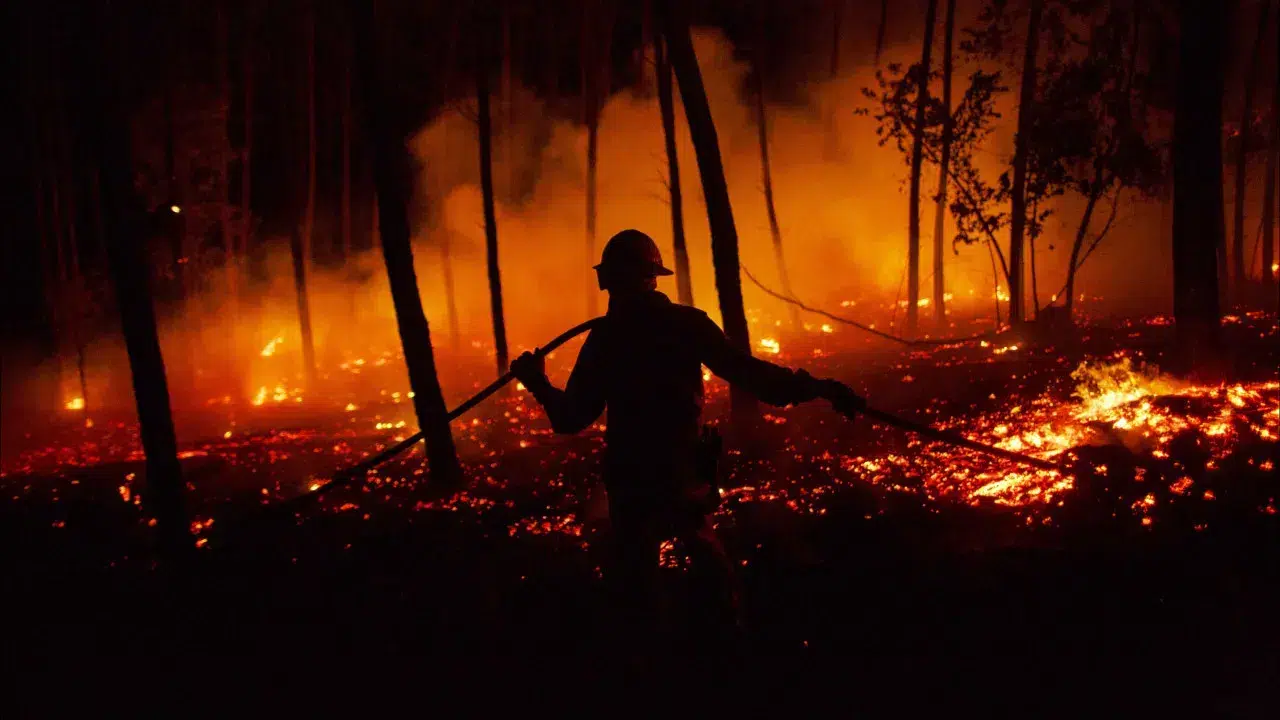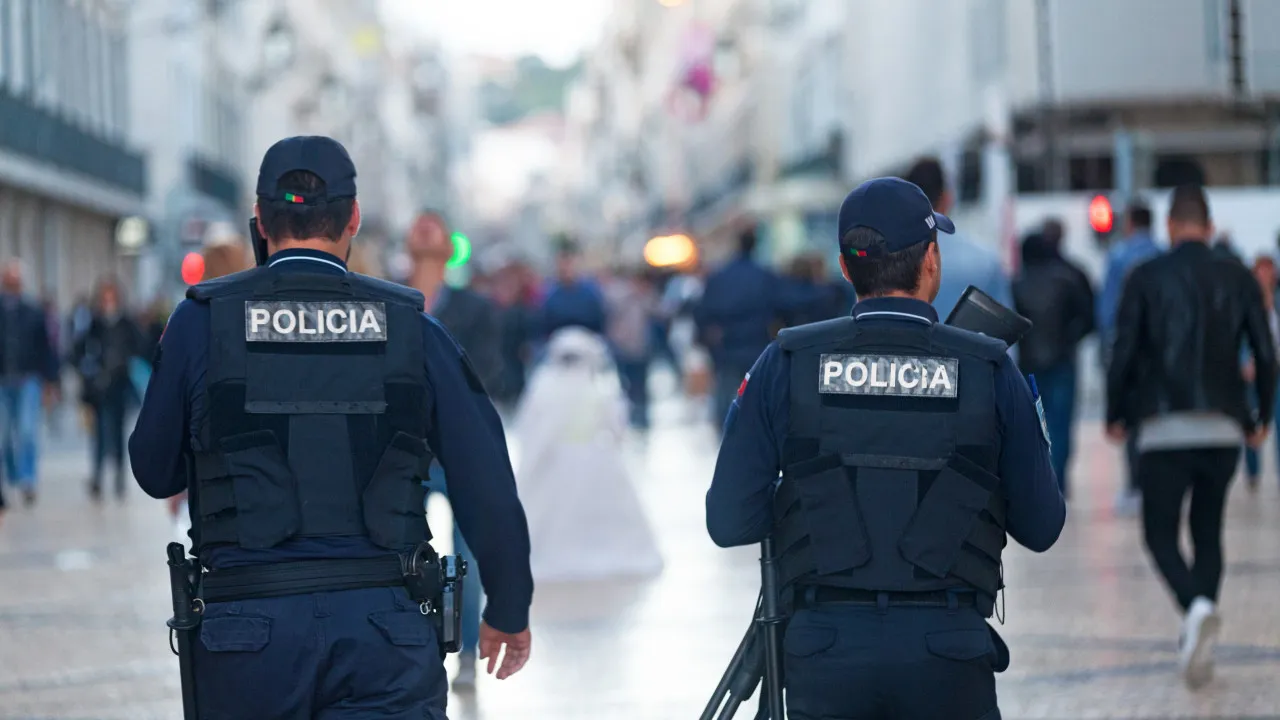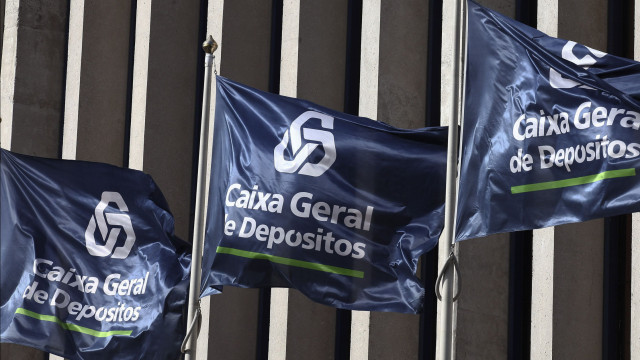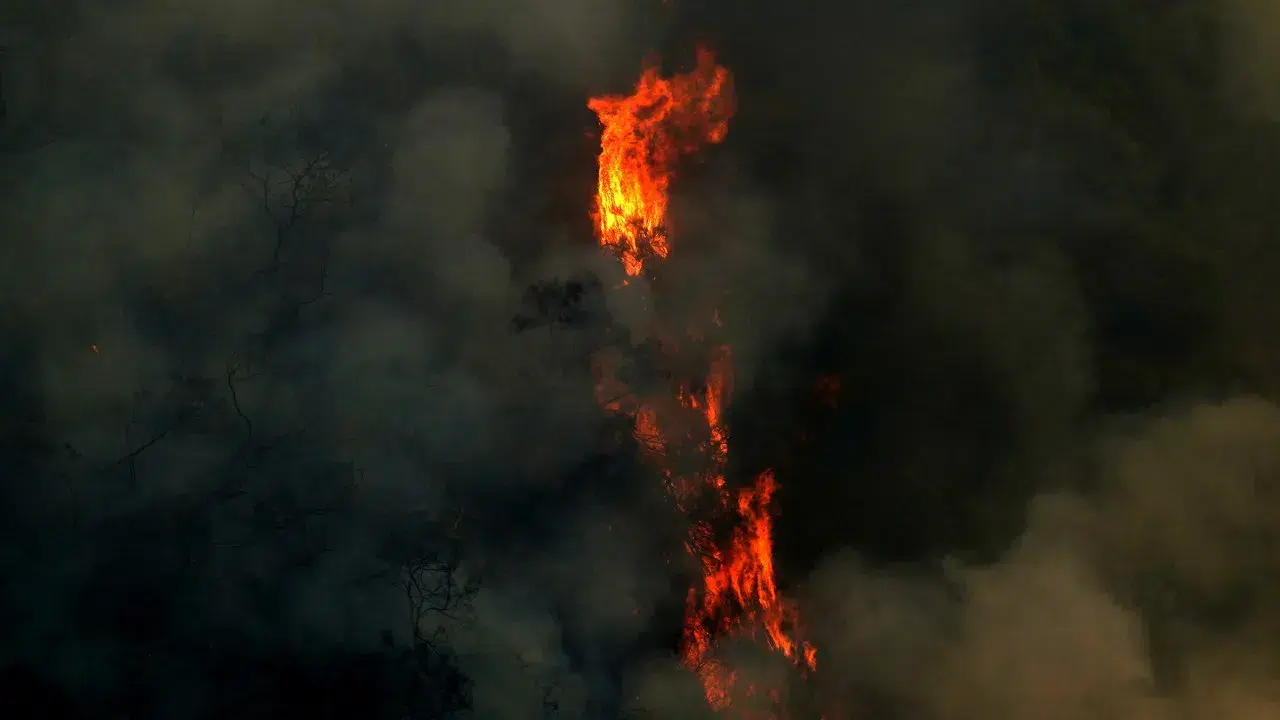
Capable of accommodating up to 100 operatives simultaneously and 500 on a rotational basis, the structure represents “an unprecedented response in the national context, designed to meet the physical and emotional demands of fighting increasingly frequent and intense forest fires,” the Red Cross stated in a release.
The fire in Ponte da Barca, in the district of Viana do Castelo, broke out nearly a week ago and, as of 9:00 AM, continued with two active fronts in forest and bush areas, involving 664 operatives, 227 vehicles, and one aerial resource on the ground.
This fire has already destroyed an extensive area of the Peneda-Gerês National Park.
The REST SPACE functions as a support area, where operatives can regain strength, receive health support, and return to service in better physical and psychological conditions.
According to Gonçalo Orfão, National Emergency Coordinator of CVP, this structure, activated for the first time in Ponte da Barca, was conceived “as a rapid response focused on people, ensuring the integral well-being of the operatives.”
In the press note, CVP President António Saraiva stated that “responding to critical situations requires more than resources. It requires coordination, mutual aid, and collective commitment.”
The REST SPACE is “an example of how cooperation between entities allows the creation of solutions to care for those who protect the populations. Only with this coordination can we guarantee effective and humane responses, both for the operatives and the affected communities,” emphasized António Saraiva.
The initiative is supported by Missão Continente, in a cooperative effort between public and private entities, aligning with the humanitarian mission of the CVP to care for both affected populations and the professionals who protect them.
According to António Saraiva, the Red Cross’s response in the current emergency scenario has been “robust and coordinated with other civil protection agents.”
It has been present at rural fires in Ponte da Barca, Ponte de Lima, Arouca, Penamacor, Alcanede, Capela, and Recarei, mobilizing 48 emergency ambulances, 15 liaison officers, and about 100 operatives, who have performed 22 field assistances.
The initiative is part of a broader strategy by the Portuguese Red Cross to provide a humanitarian response to the challenges posed by climate change and the extreme events resulting from it, such as large-scale rural fires.
As an auxiliary entity to public authorities, the CVP acts in a complementary manner, enhancing existing resources and offering integrated responses focused on people, from emergency assistance to the physical and emotional recovery of operatives.




